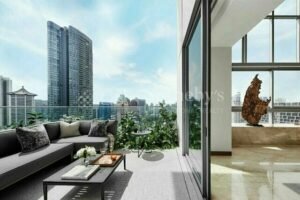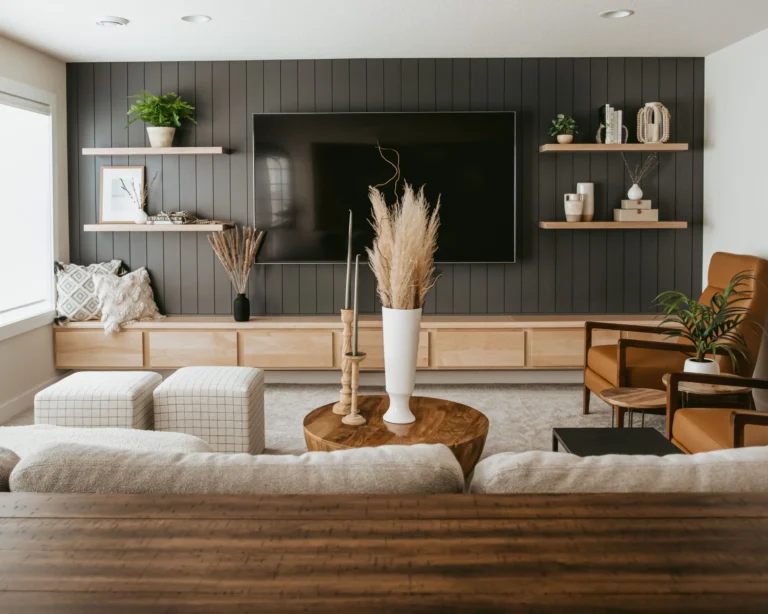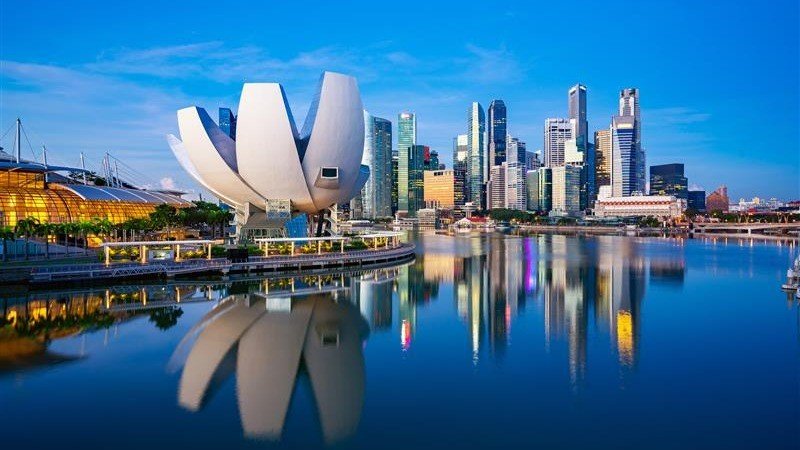Table of Contents
ToggleSingapore, known for its impeccable urban planning, clean streets, and robust economy, has long attracted both local and international real estate investors. The Singapore real estate market is one of the most dynamic and resilient in Asia, often seen as a safe haven for property investment. As a small city-state with limited land, demand for property remains consistently high, driving innovation in housing policies and architecture.
This article explores the factors driving the Singapore real estate market, current trends, government policies, and what potential buyers or investors should consider before diving in.
Why Singapore Real Estate Stands Out
1. Strategic Location and Global Appeal
Singapore’s geographic position makes it a gateway to Southeast Asia. It’s a global financial hub, often compared to cities like London, New York, and Hong Kong. For real estate investors, this means strong rental demand from expatriates and multinational companies. Singapore’s stable political climate, strong rule of law, and high standards of living further enhance its attractiveness.
2. Limited Land, High Demand
With just over 700 square kilometers of land and a population exceeding 5.9 million, Singapore faces a constant space constraint. The scarcity of land means that property prices are generally on the higher end, making Singapore real estate a valuable asset. The government maximizes space through vertical developments and land reclamation, but the pressure on land availability persists.
3. Well-Regulated Market
Unlike many other real estate markets that are prone to boom-bust cycles, Singapore real estate is tightly regulated. The Urban Redevelopment Authority (URA) and the Housing & Development Board (HDB) implement strategic measures to manage property demand and supply. Cooling measures such as Additional Buyer’s Stamp Duty (ABSD) and loan-to-value limits have helped maintain market stability.
Types of Properties in Singapore
Singapore’s property landscape is diverse. Here’s a breakdown of the main types:
1. HDB Flats
The majority of Singaporeans live in public housing provided by the HDB. These flats are subsidized and built for owner-occupation, making home ownership accessible to most citizens. Though not open to foreign buyers, HDB resale flats are still a vital segment of the Singapore real estate ecosystem.
2. Private Condominiums
Private condos offer amenities like swimming pools, gyms, and security, and are popular among both locals and foreigners. They are typically more expensive than HDB flats and often located in prime districts or city-fringe areas.
3. Landed Properties
These include terraced houses, semi-detached homes, and bungalows. Landed properties are the most expensive due to the land ownership aspect and limited availability. Foreigners can only purchase landed properties in certain areas with government approval.
4. Commercial and Industrial Properties
Investors looking beyond residential properties can explore Singapore’s commercial and industrial sectors. Offices, retail spaces, and warehouses are sought after by business owners and institutional investors.

Recent Trends in the Singapore Real Estate Market
1. Rise of Luxury Properties
Despite global economic uncertainties, luxury properties in Singapore continue to perform well. High-net-worth individuals, especially from China, India, and Southeast Asia, are increasingly investing in upscale condominiums and Good Class Bungalows (GCBs).
2. Surge in Foreign Investment
Foreigners are showing renewed interest in Singapore real estate as global geopolitical tensions rise. Singapore’s neutrality, strong currency, and safe environment make it a preferred destination for capital preservation.
3. Work-from-Home Culture Influencing Preferences
The COVID-19 pandemic brought about a shift in housing preferences. Buyers now seek larger living spaces, home offices, and access to greenery. Suburban areas like Tampines, Woodlands, and Punggol are seeing increased demand.
4. Integration of Smart and Green Technology
Modern condos and HDB flats are now integrating smart-home features and eco-friendly designs. From solar panels to rainwater harvesting and smart energy systems, sustainability is becoming a major driver in new developments.
Government Policies Shaping the Market
Singapore’s real estate sector is one of the most regulated in the world. Key policies and schemes that impact the market include:
1. Additional Buyer’s Stamp Duty (ABSD)
To cool the property market and avoid speculative buying, Singapore imposes ABSD on second and subsequent property purchases. Foreigners are required to pay a higher ABSD rate, currently up to 60% depending on the property type.
2. Loan Restrictions
The government also limits how much one can borrow through Total Debt Servicing Ratio (TDSR) and Loan-to-Value (LTV) ratios. These ensure that borrowers do not overextend themselves financially.
3. En Bloc Sales Regulation
Collective sales of older condos (en bloc) are regulated to prevent excessive redevelopment. These regulations balance heritage conservation with modern housing needs.
Neighborhoods to Watch in Singapore
1. Orchard and River Valley
Known for luxury living and proximity to shopping and dining, these central areas command high prices and rental yields.
2. Jurong Lake District
Dubbed Singapore’s second CBD, Jurong is undergoing major redevelopment. Future plans include commercial hubs, transport upgrades, and waterfront living, making it a hotspot for future appreciation.
3. Woodlands and Punggol
These up-and-coming suburbs are gaining traction among young families and first-time buyers. With new MRT lines and community developments, they offer strong long-term potential.
4. Sentosa Cove
One of the few places where foreigners can buy landed property, Sentosa Cove is synonymous with luxury and exclusivity. It appeals to ultra-wealthy buyers seeking waterfront living.
Tips for Investing in Singapore Real Estate
1. Understand the Buyer Profile
Foreigners and locals face different tax implications and ownership restrictions. Always be aware of policies affecting your status as a buyer.
2. Research the Market
Don’t just buy based on emotion or trend. Evaluate potential capital appreciation, rental yields, and upcoming infrastructure developments.
3. Work with Licensed Agents
Engage a real estate agent registered with the Council for Estate Agencies (CEA). They can offer insights, negotiate deals, and ensure you follow all legal protocols.
4. Plan Long-Term
Singapore is not ideal for quick flips due to high transaction costs and government cooling measures. Think long-term, and consider holding the property for at least 5-10 years.

The Future of Singapore Real Estate
The outlook for Singapore real estate remains positive. Population growth, economic resilience, and ongoing infrastructure development support sustained demand. Moreover, as global investors look for stable markets amidst volatility, Singapore remains a top choice.
PropTech (property technology) and sustainability will further redefine the sector. From AI-driven property listings to virtual home tours and green building certifications, the way people buy and sell homes in Singapore is evolving.
Conclusion
Singapore real estate is more than just a booming market—it is a reflection of the country’s forward-thinking governance, strategic global position, and deep-rooted commitment to livability. Whether you’re a first-time homebuyer, a seasoned investor, or a foreigner exploring new opportunities, Singapore offers a property landscape that is as secure as it is diverse.
As long as the city-state continues to innovate and grow, Singapore real estate will remain a benchmark for property markets around the world.










